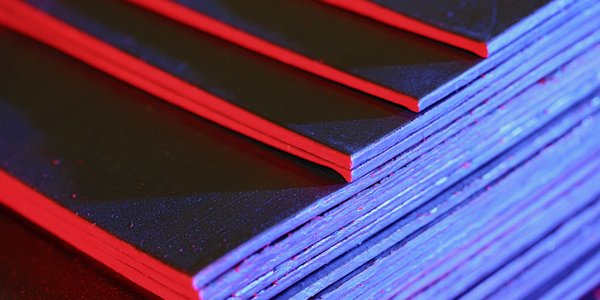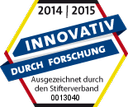The use of artificial intelligence (AI) in quality control offers considerable opportunities for manufacturing companies. A recently completed feasibility study by the Mittelstand-Digital Zentrum Hannover, which is under the consortium leadership of the Institute of Production Engineering and Machine Tools (IFW) at Leibniz Universität Hannover, shows how inspection processes can be made more efficient and quality assurance can be raised to a new level. Together with Bremskerl-Reibbelagwerke Emmerling GmbH & Co. KG, the project investigated the extent to which visual deviations on brake linings can be reliably recognised using AI-based image processing.
The challenge: Optical inspection of safety-relevant components
Bremskerl specialises in friction materials. Due to the natural raw materials in the material mixtures, visual deviations occasionally occur during the production of brake pads, which generally do not affect the technical function, but can change the external appearance. As visual quality is an important factor for customer confidence, the key question in quality assurance is: when does a product deviate visually from the specification to such an extent that it must be rejected?
The solution: AI-supported image processing in production
As part of a feasibility study, the project partners developed a test setup with a compact camera system and embedded hardware from Nvidia. The aim was to automatically detect two different types of defect:
- Optical deviations → recognised by a segmentation model
- Inclusions in the material (technically relevant) → detected by an object recognition model
The result: high detection rates with short computing time
The YOLO models used produced the following impressive results:
- 83.5 % accuracy in the detection of inclusions
- 74.8 % accuracy in the detection of optical deviations
- Processing speed: less than one second per image
The strength of AI-supported processes is particularly evident in the case of complex composite materials with varying appearances. These technologies offer a promising tool for the automated evaluation of surface features.
Data-supported development - a basis for practical application
Initial image data sets were created for model development and divided into training, validation and test data. The trained AI models showed robust performance even with previously unknown components - an important step towards industrial implementation.
Conclusion: AI as a future technology for quality assurance
The results of the study clearly show that AI can make an objective, efficient and scalable contribution to visual quality control. Particularly in the case of repetitive inspection tasks, the use of AI offers relief for specialised personnel and enables greater objectivity in product evaluation. The project, led by the IFW, is therefore making an important contribution to the digital transformation of SME production.
Authored by Gerold Kuiper (IFW)






